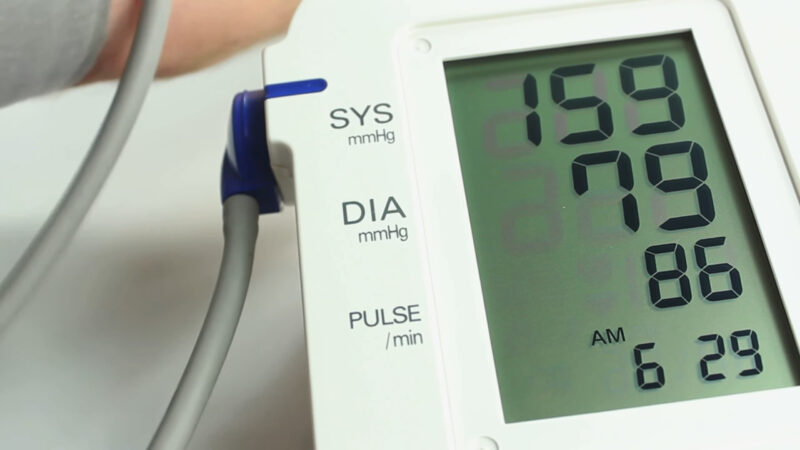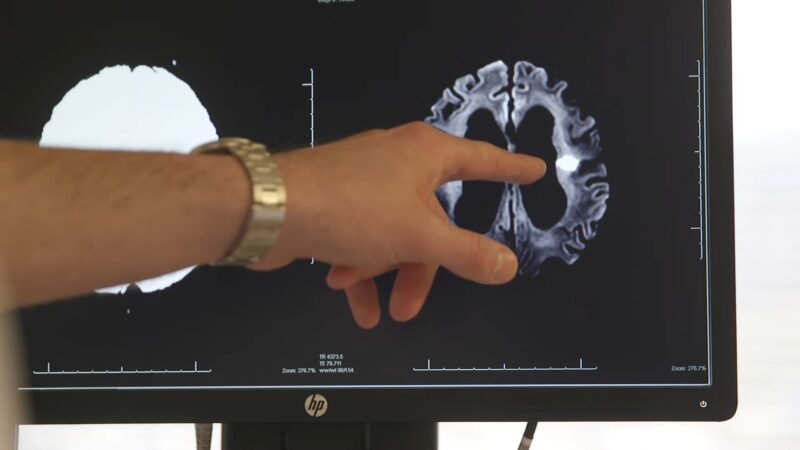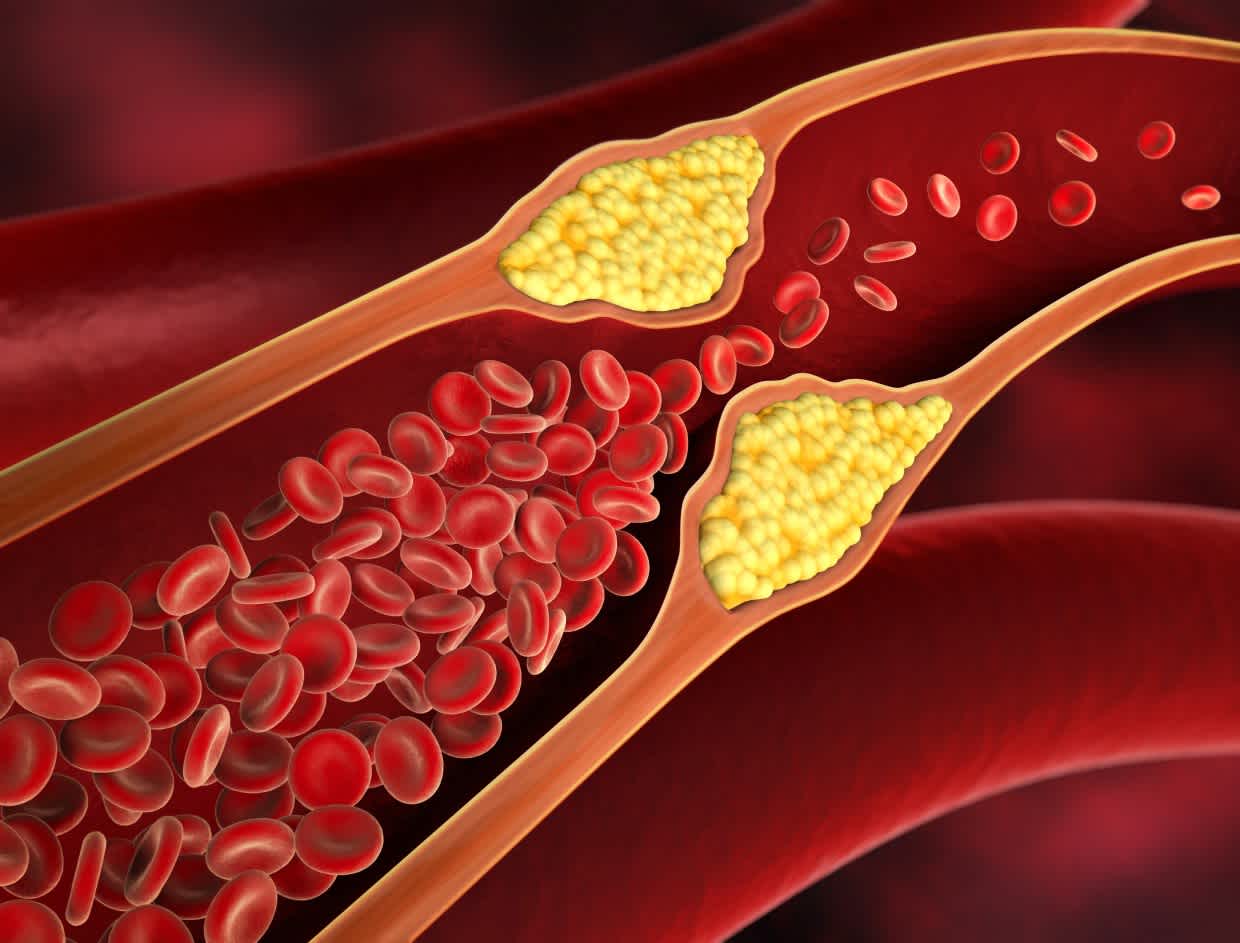Hypertension, heart disease, and stroke are three of the most significant health challenges facing Americans today. Affecting a substantial portion of the population, these conditions not only pose serious health risks but also contribute to a considerable burden on the healthcare system.
Heart disease alone impacts at least 7.2% of the U.S. population, while nearly 800,000 Americans suffer a stroke each year. Understanding the relationship between these conditions is crucial, as they often share common causes and can exacerbate each other.
That is why we will talk about:
- Hypertension is a major risk factor for both heart disease and stroke.
- These conditions are widespread, affecting a significant portion of the U.S. population, and pose serious health risks and a considerable burden on the healthcare system.
- These include an unhealthy diet, smoking, lack of exercise, excessive alcohol consumption, chronic stress, diabetes, and a family history of these conditions.
Now, let us talk about these in greater detail.
The Interconnection Between Hypertension, Heart Disease, and Stroke
Hypertension is a critical risk factor for both heart disease and stroke. The damage caused by high blood pressure to artery walls can lead to conditions like angina, heart attack, and stroke. Hypertension promotes the accumulation of plaque in the arteries, leading to reduced blood flow and oxygen supply to the heart and brain.
This interconnection underscores the importance of managing blood pressure to prevent the onset and progression of heart disease and stroke.
Hypertension

Hypertension, commonly known as high blood pressure, is a condition where the force of blood against the artery walls is consistently too high. This increased pressure can lead to damage in the artery walls and an increased workload for the heart.
Nearly half of the adult population in the United States suffers from hypertension, making it a widespread issue. Symptoms can include headaches, nosebleeds, and nausea, but often hypertension goes unnoticed until significant damage has occurred.
Heart Disease
Heart disease encompasses a range of conditions that affect the heart and blood vessels. The most common form is coronary artery disease, which involves the narrowing or blockage of the coronary arteries.
Other types include arrhythmia and congestive heart failure. Symptoms of heart disease can vary but often include chest pain, shortness of breath, and palpitations.
Stroke

A stroke occurs when the blood supply to a part of the brain is suddenly interrupted, leading to oxygen deprivation and potential brain damage.
Strokes can be ischemic (due to blood clots) or hemorrhagic (due to bleeding in the brain) and are a leading cause of long-term disability and death in the U.S. Symptoms of stroke include sudden weakness, confusion, difficulty speaking, and severe headaches.
How About Risk Factors?
Understanding and managing the risk factors for hypertension, heart disease, and stroke is essential for prevention and early intervention. These conditions share several common risk factors that significantly impact blood pressure, cholesterol levels, and overall cardiovascular health.
Unhealthy Diet

An unhealthy diet, particularly one high in saturated fats, trans fats, sodium, and processed foods, can lead to the development of hypertension and heart disease. Such diets contribute to the buildup of plaque in the arteries, increasing the risk of heart attacks and strokes.
Conversely, a diet rich in fruits, vegetables, whole grains, and lean proteins can help maintain healthy blood pressure and reduce the risk of cardiovascular diseases.
Smoking

Smoking is a major risk factor for all three conditions. It damages the lining of the arteries, leading to a buildup of fatty material (atherosclerosis), which narrows the arteries and increases the risk of heart attacks and strokes. Quitting smoking can significantly reduce these risks.
Lack of Exercise
Physical inactivity contributes to the development of hypertension and heart disease. Regular exercise helps maintain a healthy weight, lowers blood pressure, improves heart health, and reduces stress. Even moderate activities like walking, cycling, or swimming can have significant health benefits.
Excessive Alcohol Consumption

Excessive alcohol intake can lead to a range of health problems, including high blood pressure, heart failure, and an increased risk of stroke. Limiting alcohol consumption to moderate levels is recommended to reduce these risks.
Stress
Chronic stress can contribute to hypertension and heart disease. Stress can lead to unhealthy habits such as poor diet, smoking, and excessive alcohol use. Additionally, stress hormones can temporarily increase blood pressure.
Effective stress management techniques, such as meditation, yoga, and regular physical activity, are beneficial for heart health.
Diabetes
Diabetes significantly increases the risk of developing cardiovascular diseases. High blood sugar levels can damage blood vessels and nerves that control the heart.
Managing diabetes through diet, exercise, and medication (if prescribed) is crucial for reducing the risk of hypertension, heart disease, and stroke.
Family History
A family history of hypertension, heart disease, or stroke increases an individual’s risk of developing these conditions. While genetic factors cannot be changed, awareness of family history can encourage early screening and proactive management of other modifiable risk factors.
Prevention and Management
To prevent and manage cardiovascular diseases, it’s important to adopt healthy lifestyle habits and seek medical care when necessary. Key strategies include:
| Strategy | Description |
|---|---|
| Maintaining a Healthy Weight | Being overweight increases the risk of heart diseases. Aim for a balanced diet and regular physical activity to achieve a healthy weight. |
| Managing Cholesterol Levels | High cholesterol can lead to heart problems. Eat a diet low in saturated fats and cholesterol. Sometimes, medication may be necessary. |
| Regular Exercise | Physical activity strengthens the heart and improves circulation. Aim for at least 150 minutes of moderate exercise per week. |
| Quitting Smoking | Smoking damages blood vessels and can lead to heart disease. Quitting smoking improves heart health significantly. |
| Regular Cardiovascular Testing | Early detection of heart issues can greatly improve treatment outcomes. Regular check-ups and tests are crucial. |
| Using At-Home Testing Kits | Companies like Everlywell offer convenient home testing kits for monitoring heart health. These can be a helpful tool in early detection and management. |
FAQs
Is 140/90 bp normal for 50 years?
No, a blood pressure of 140/90 mmHg is considered high for any adult, including those aged 50 years. Normal blood pressure should be below 120/80 mmHg.
How bad is 160 over 80 blood pressure?
A blood pressure of 160/80 mmHg is classified as stage 2 hypertension. It’s a serious condition and requires medical attention to lower the risk of heart disease and stroke.
Does coffee increase blood pressure?
Yes, coffee can temporarily increase blood pressure due to its caffeine content. However, the effect is usually short-term and may not be significant in regular coffee drinkers.
Can a BP of 140/90 cause stroke?
Yes, a blood pressure of 140/90 mmHg increases the risk of stroke. High blood pressure can lead to damage in the arteries, which can result in a stroke.
Summary
Hypertension, heart disease, and stroke are closely interrelated conditions that pose significant health risks. Understanding their connection is key to effective prevention and management. By addressing common risk factors and adopting healthier lifestyles, individuals can significantly reduce their risk of developing these conditions.
Regular health screenings and medical interventions also play a crucial role in managing these conditions and improving overall cardiovascular health. If you want to read more similar subjects, be sure to visit our website.
